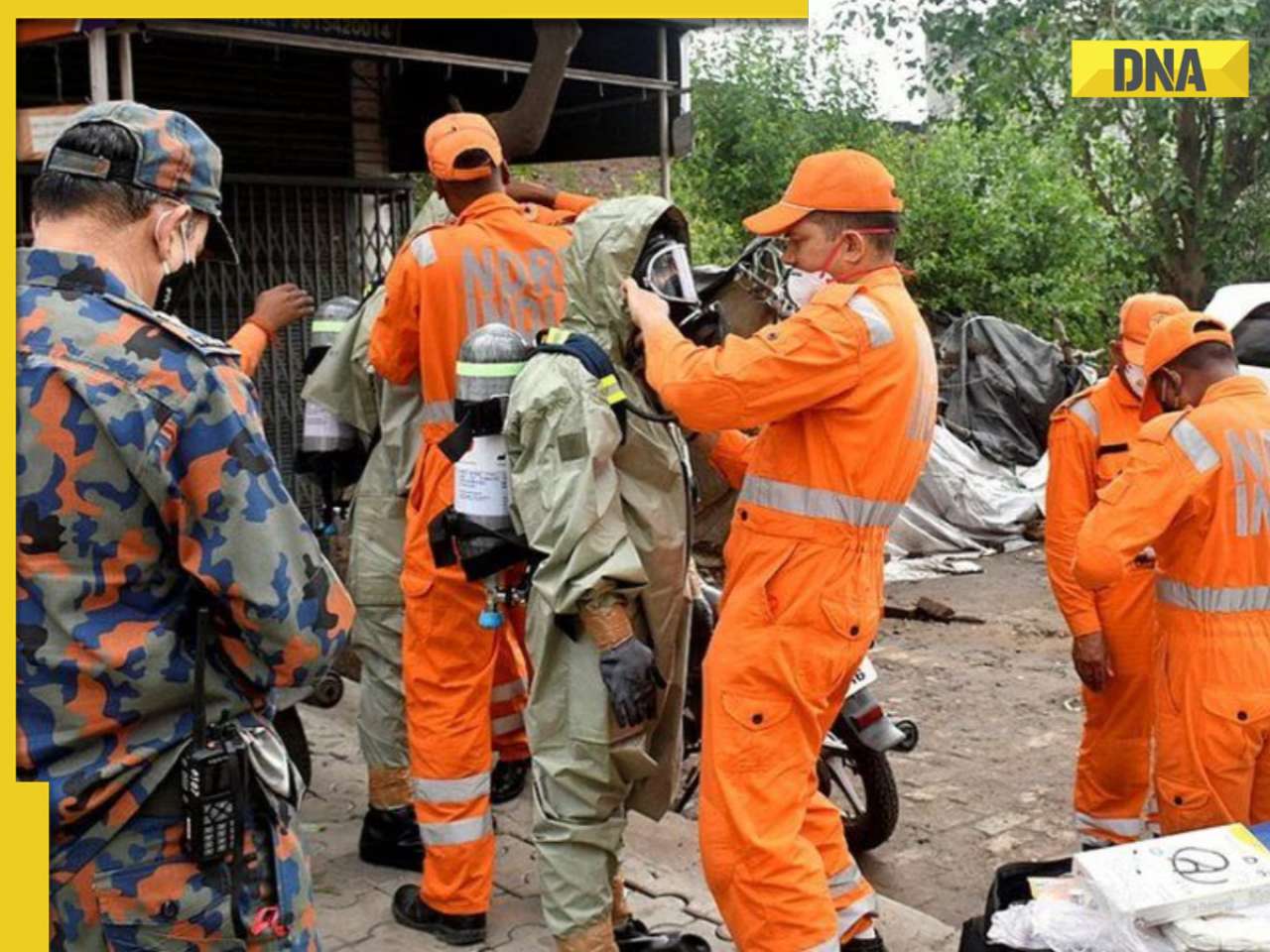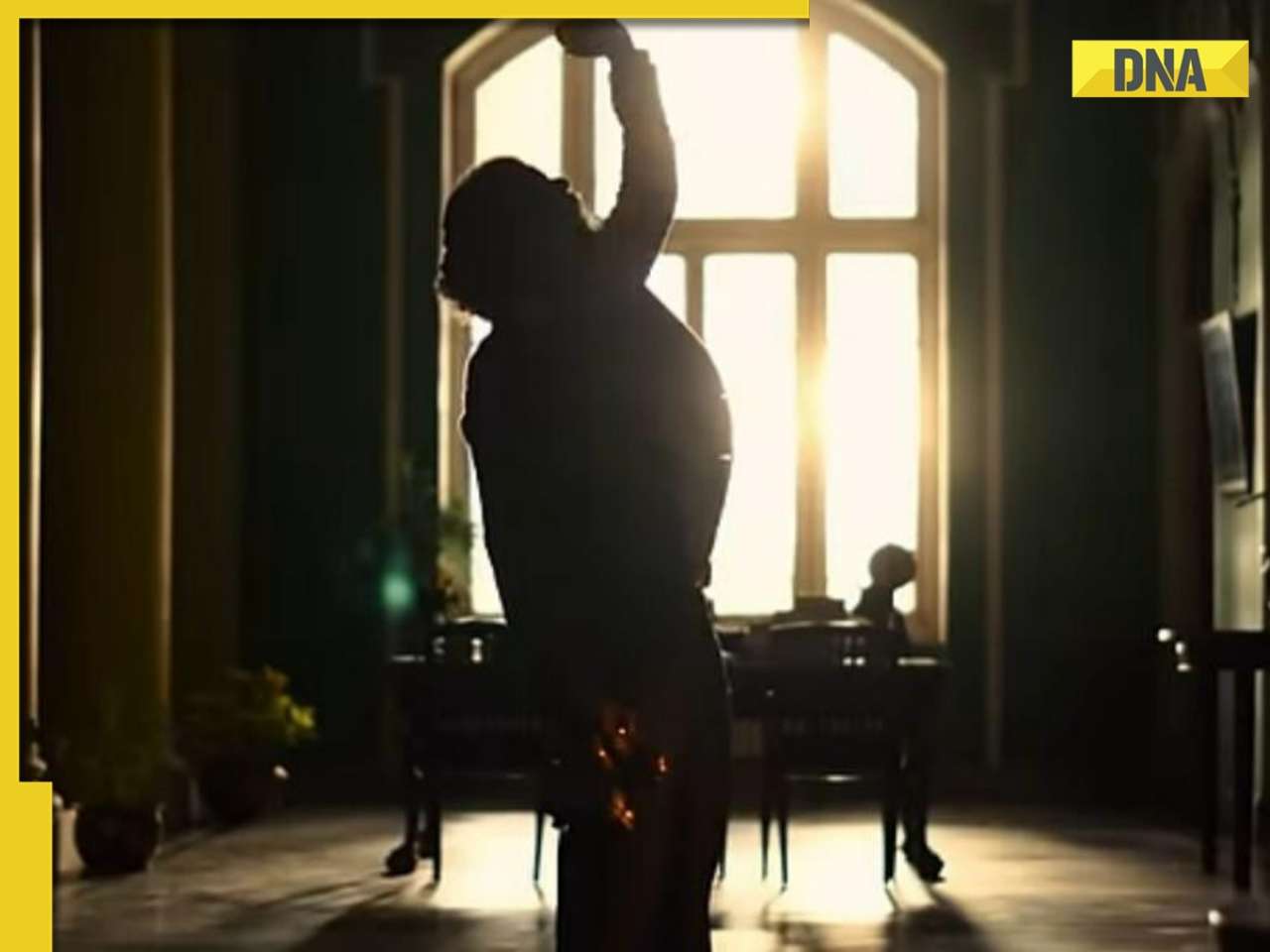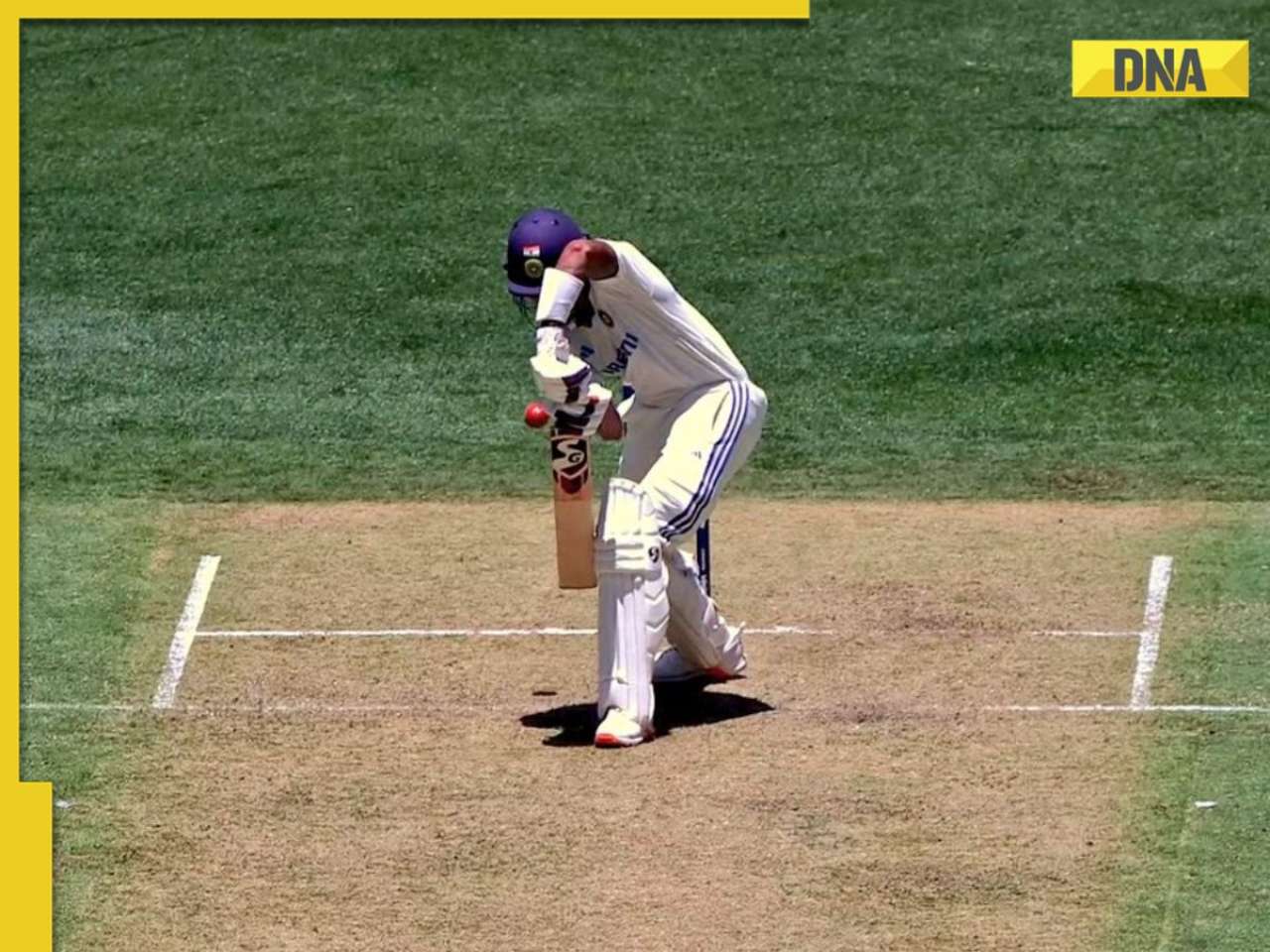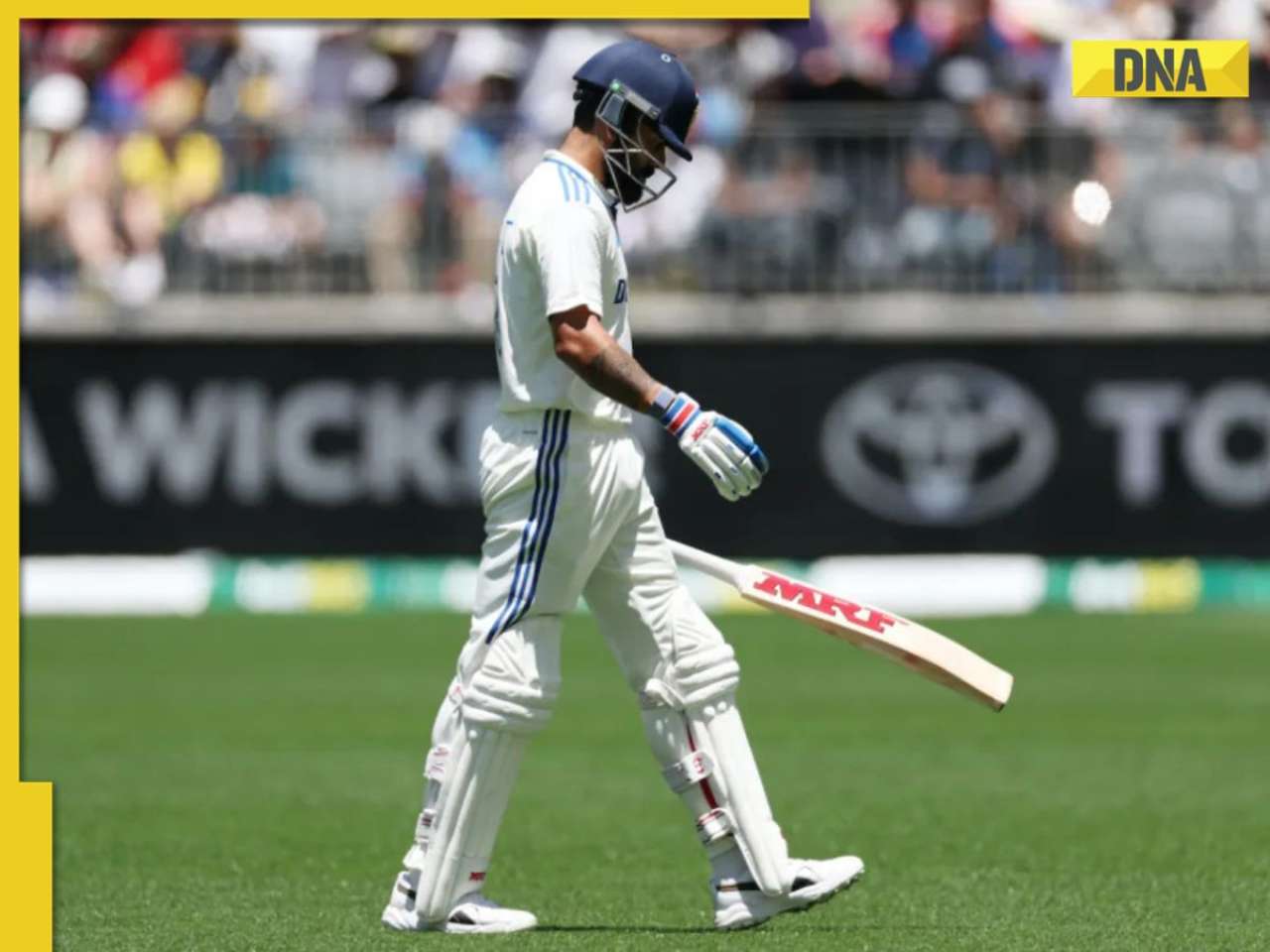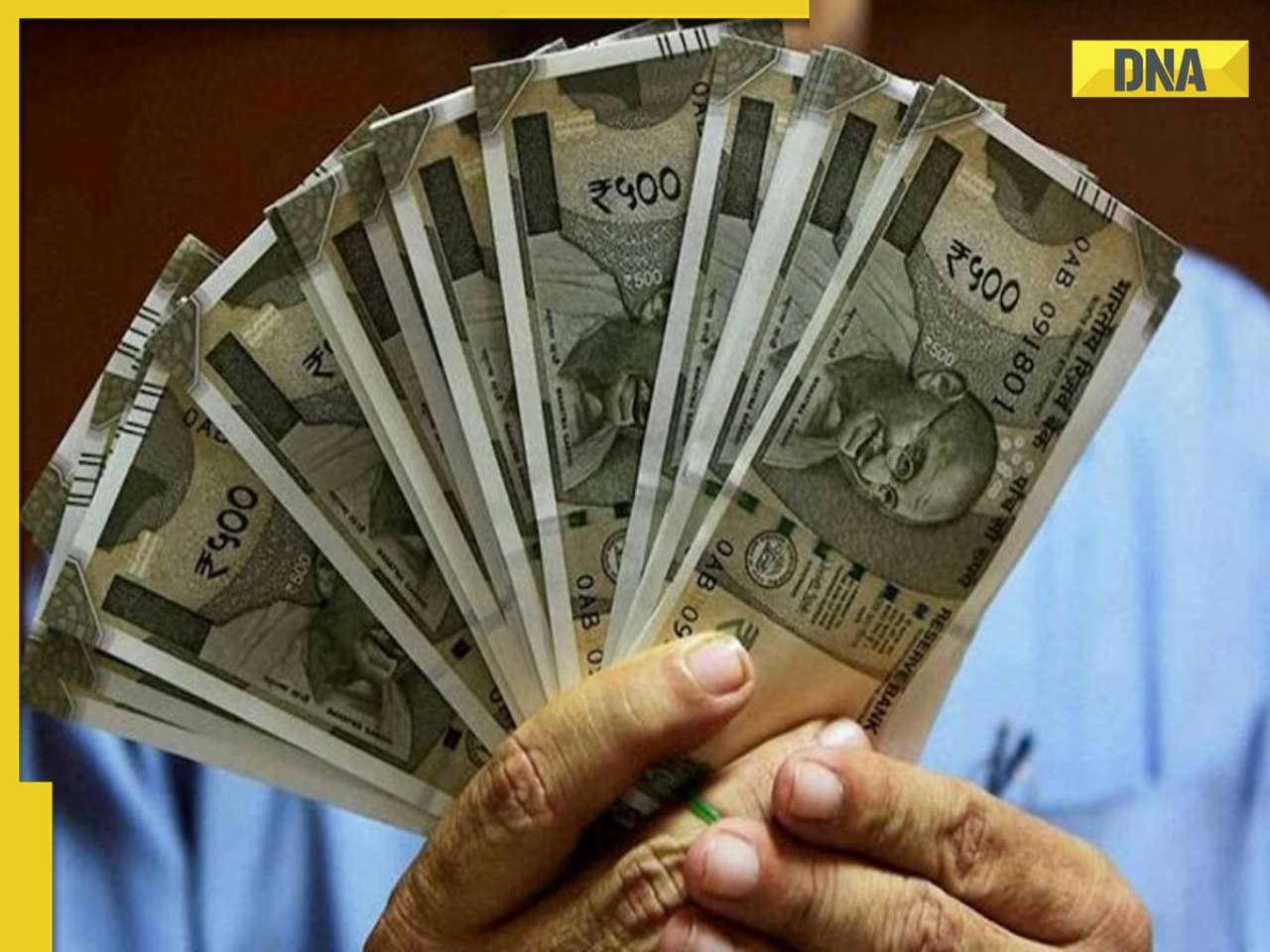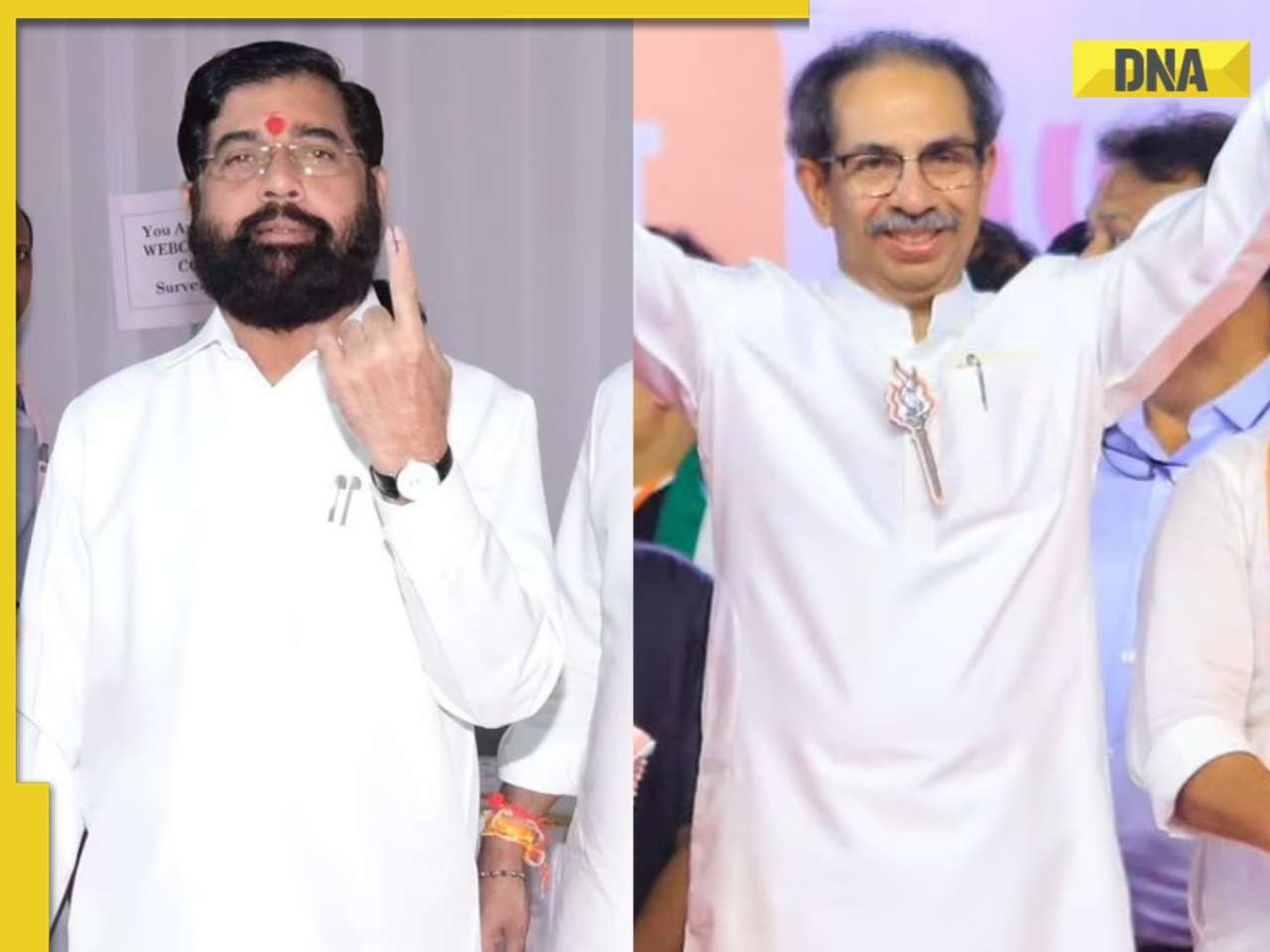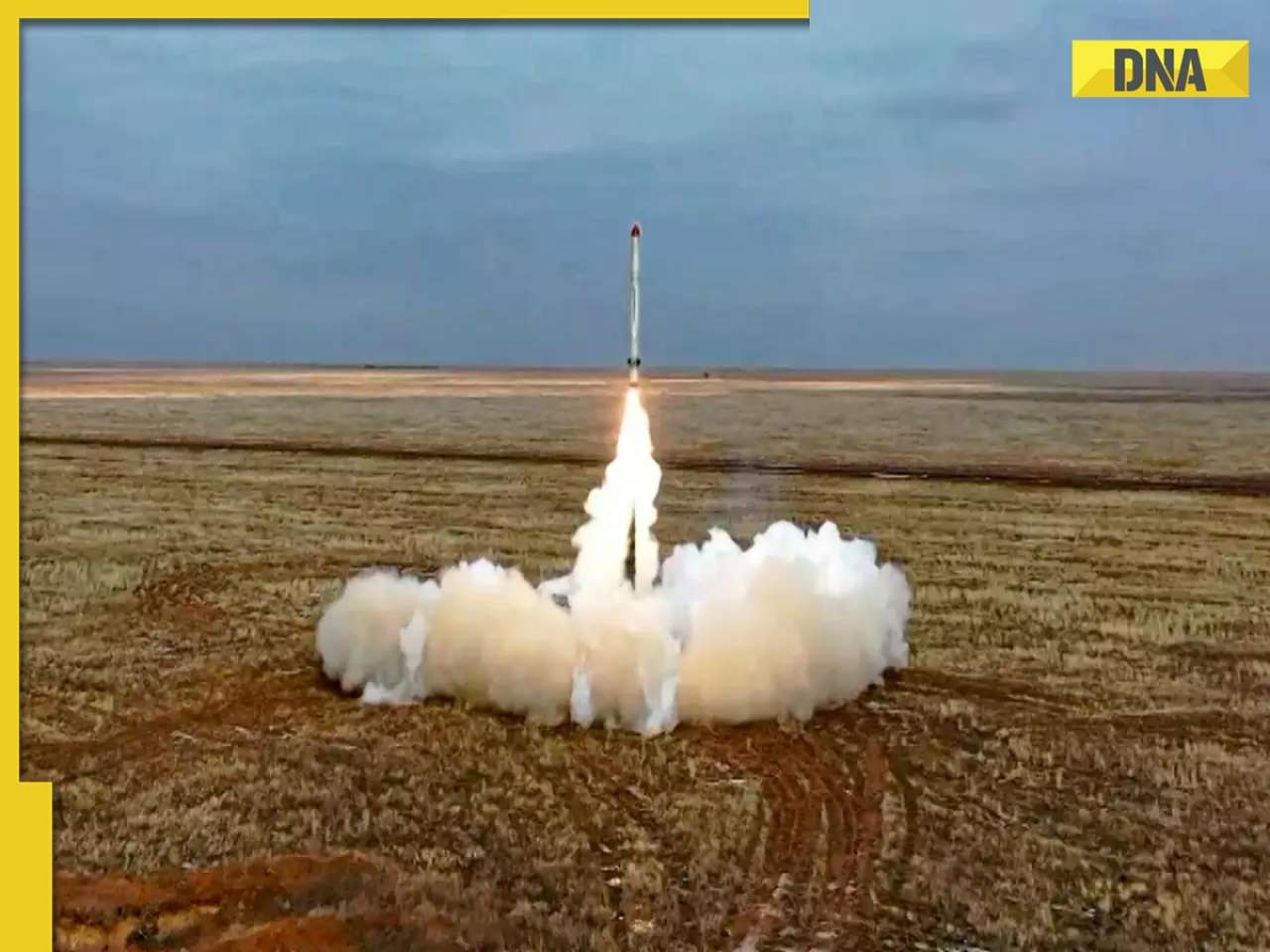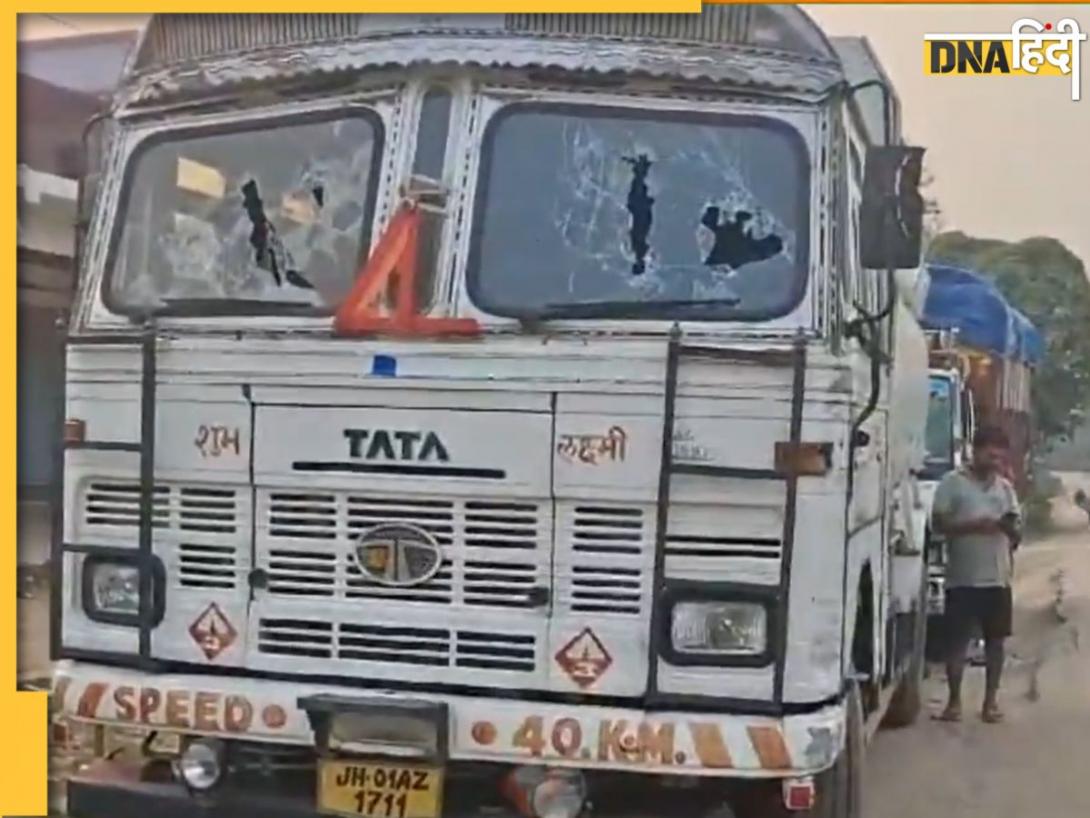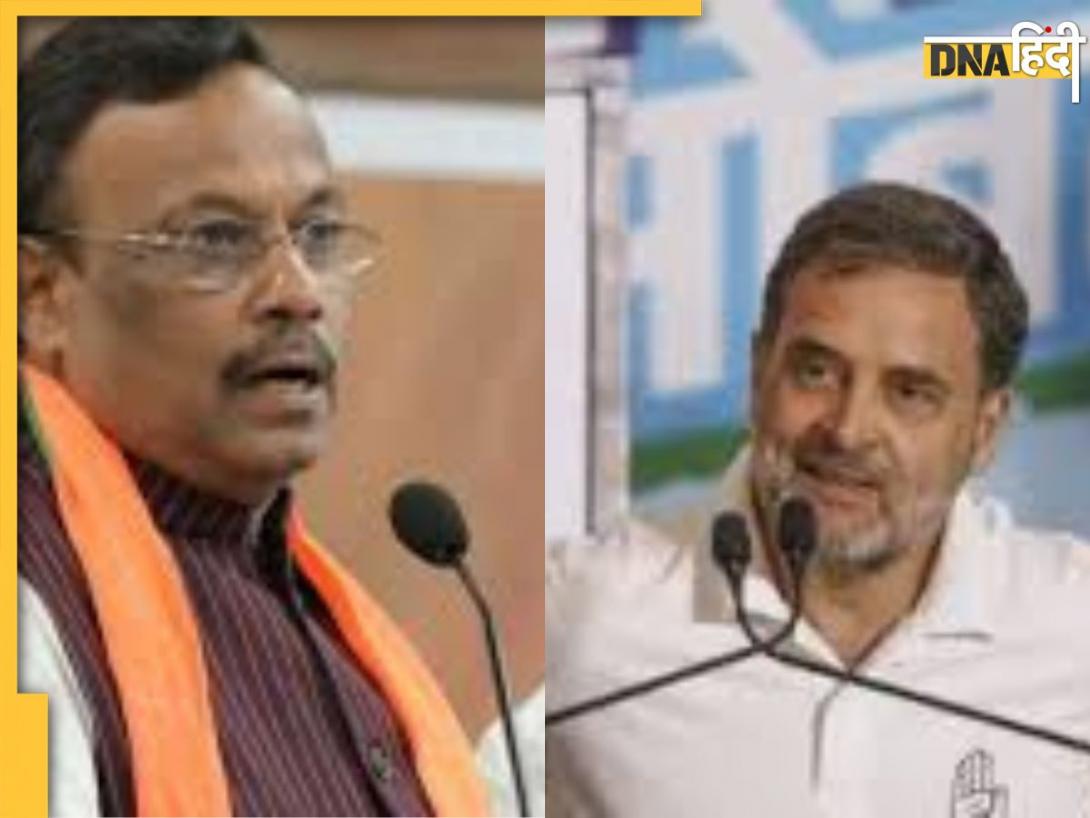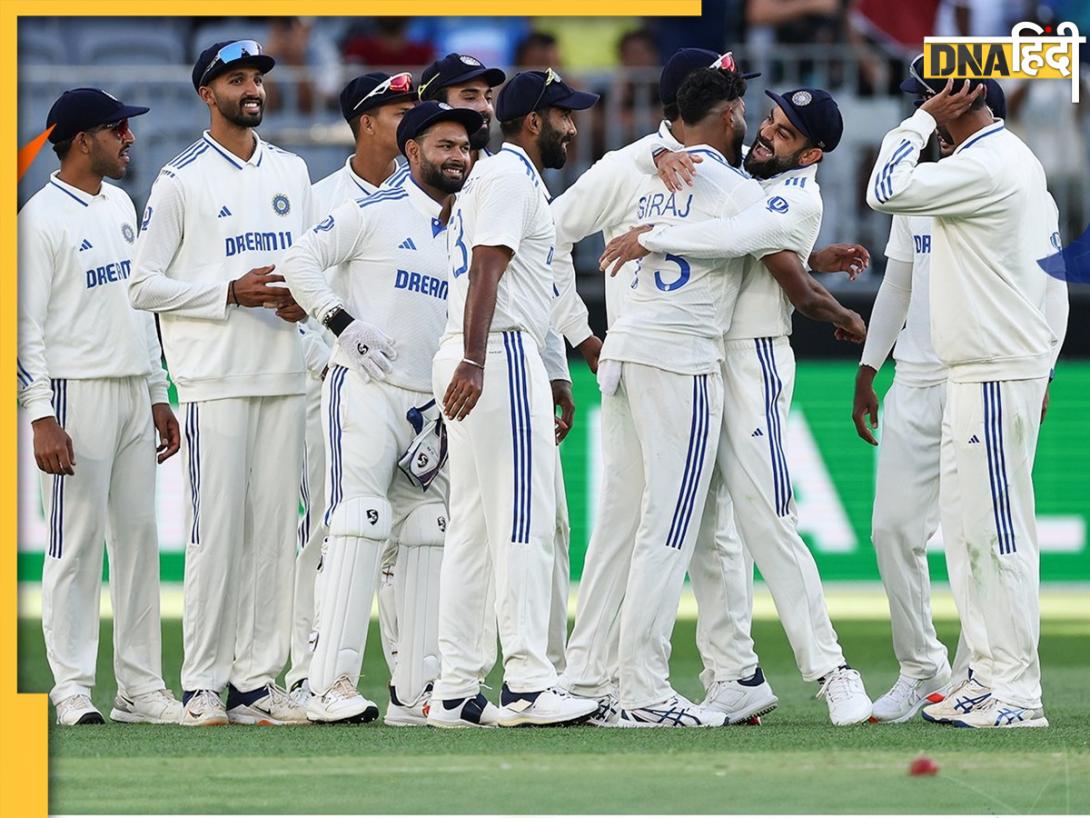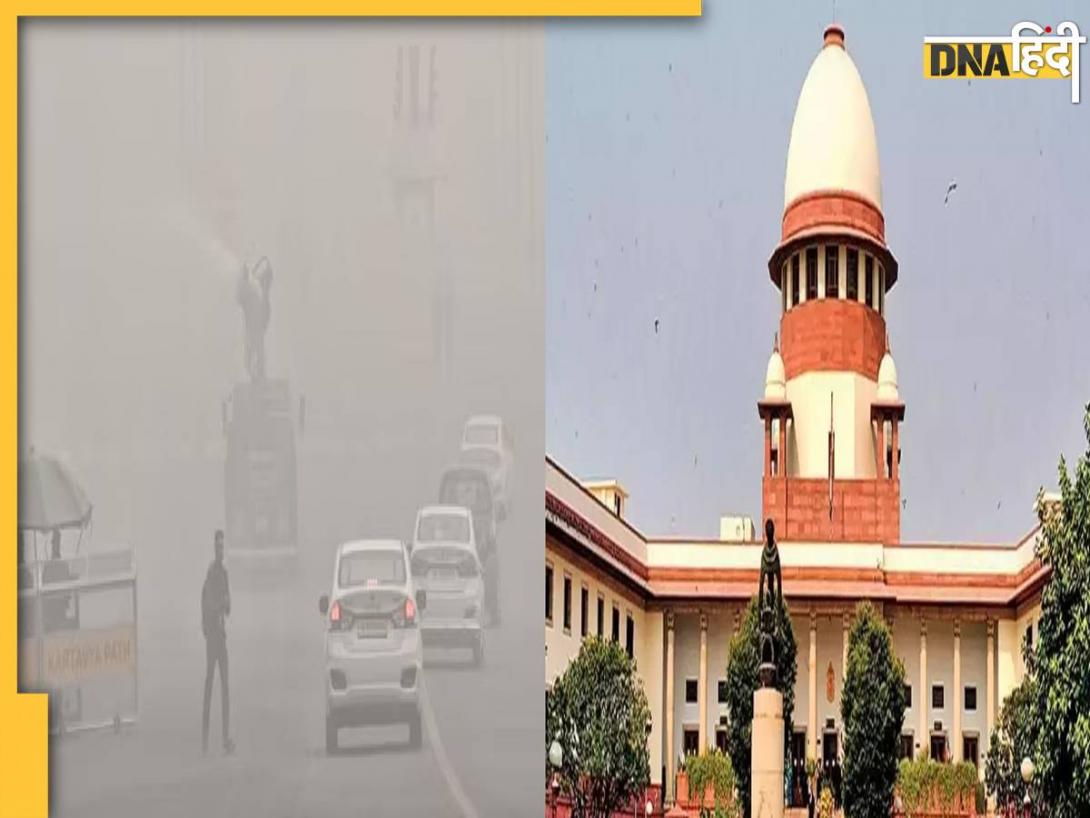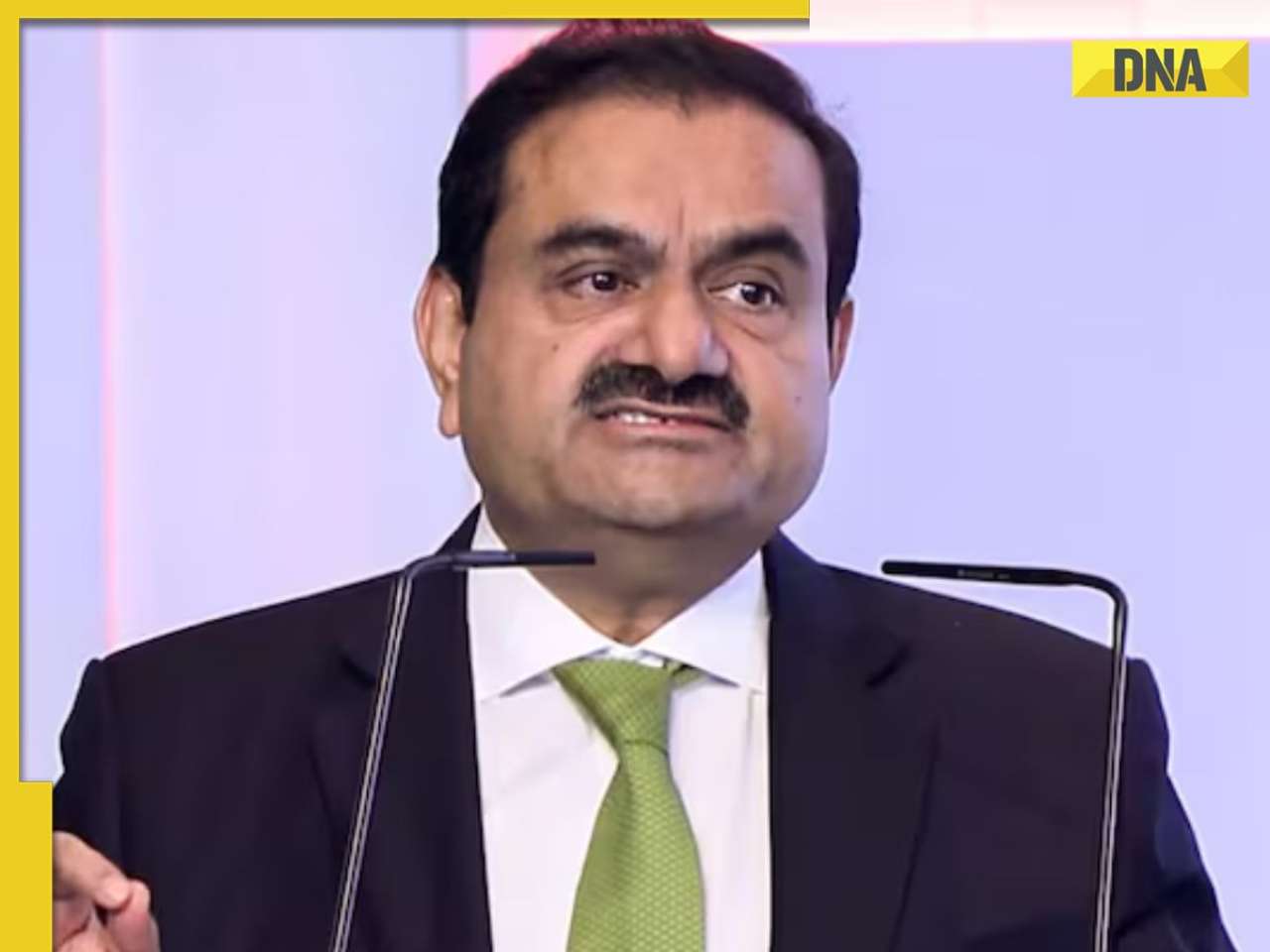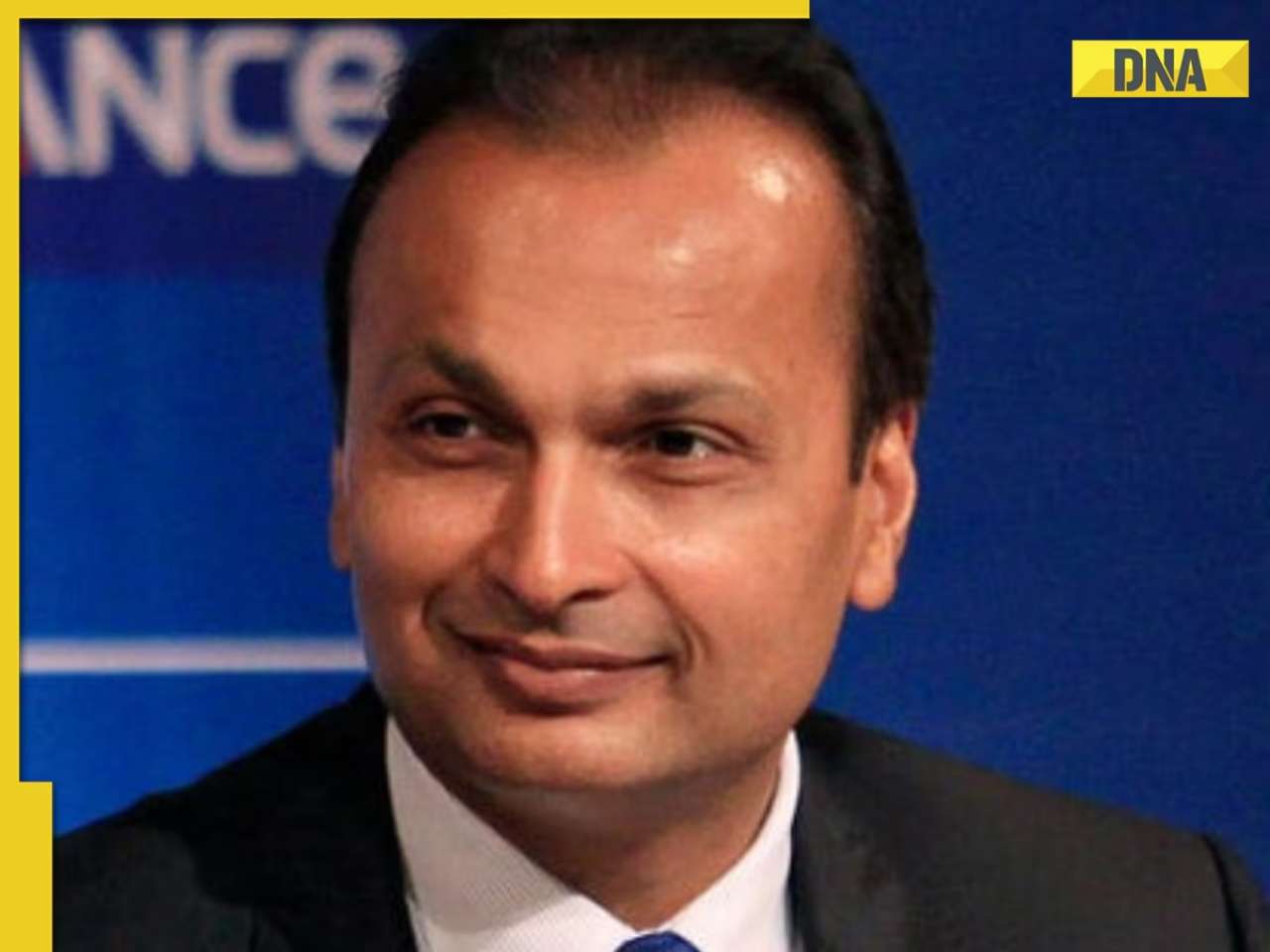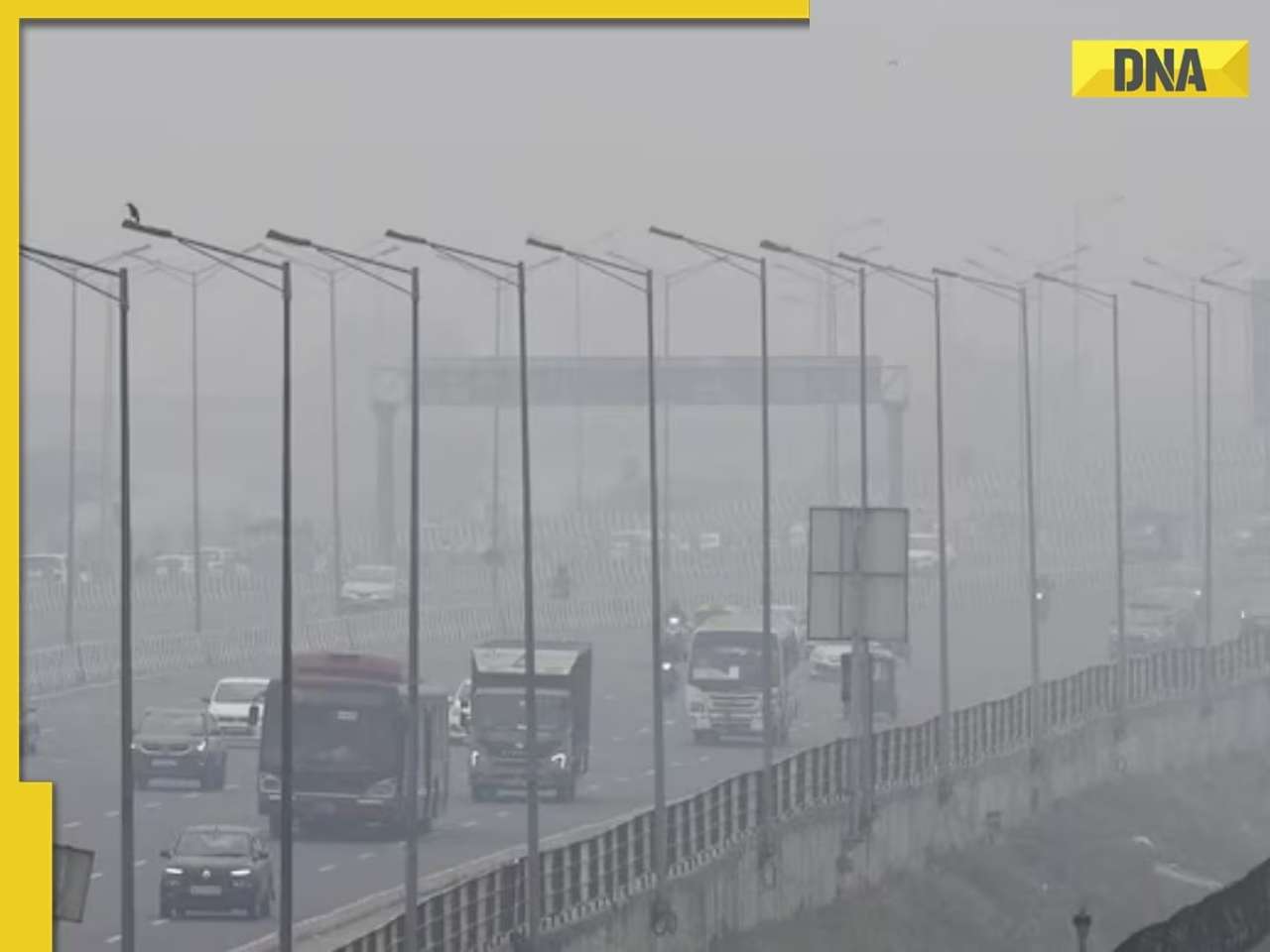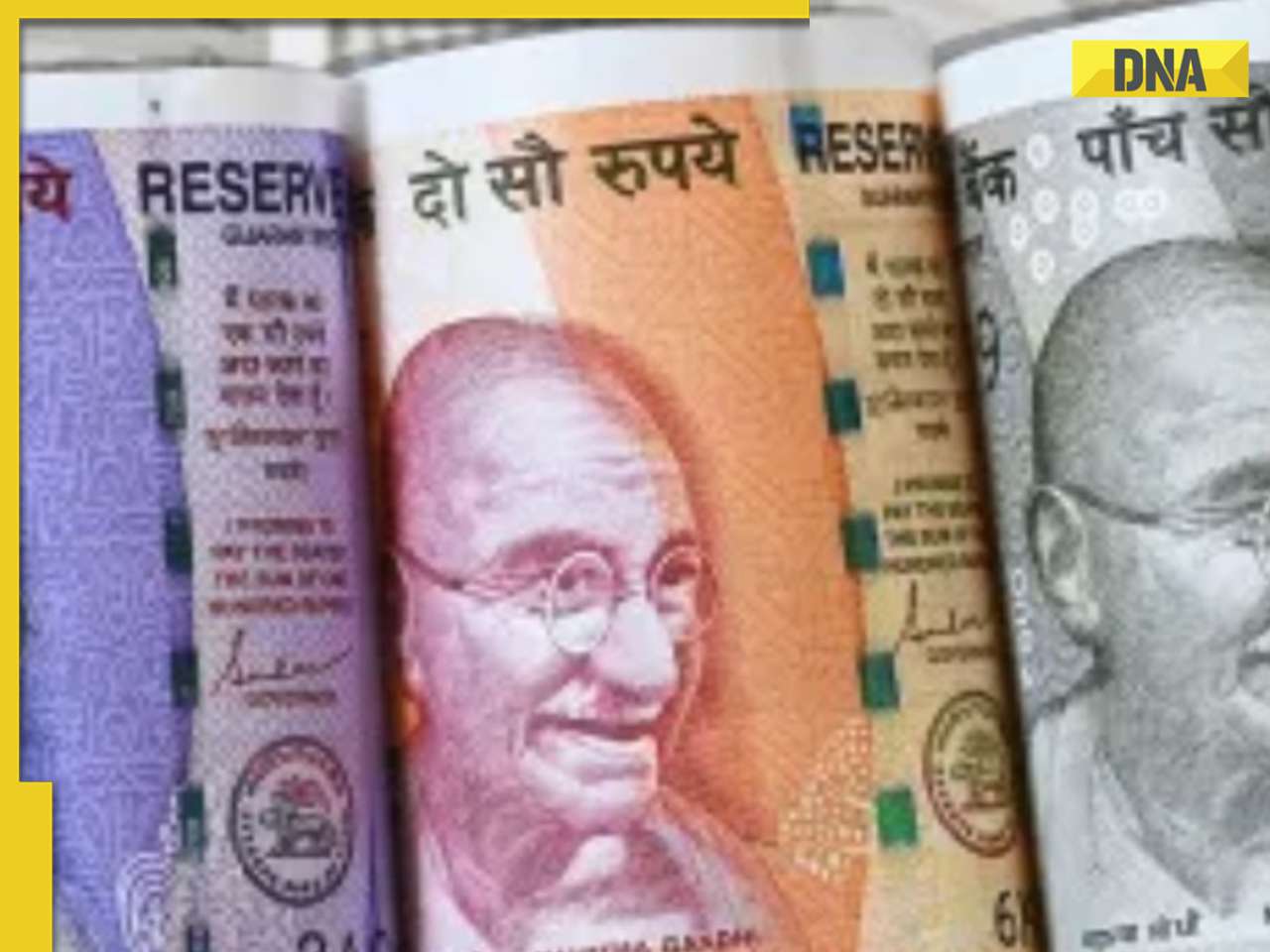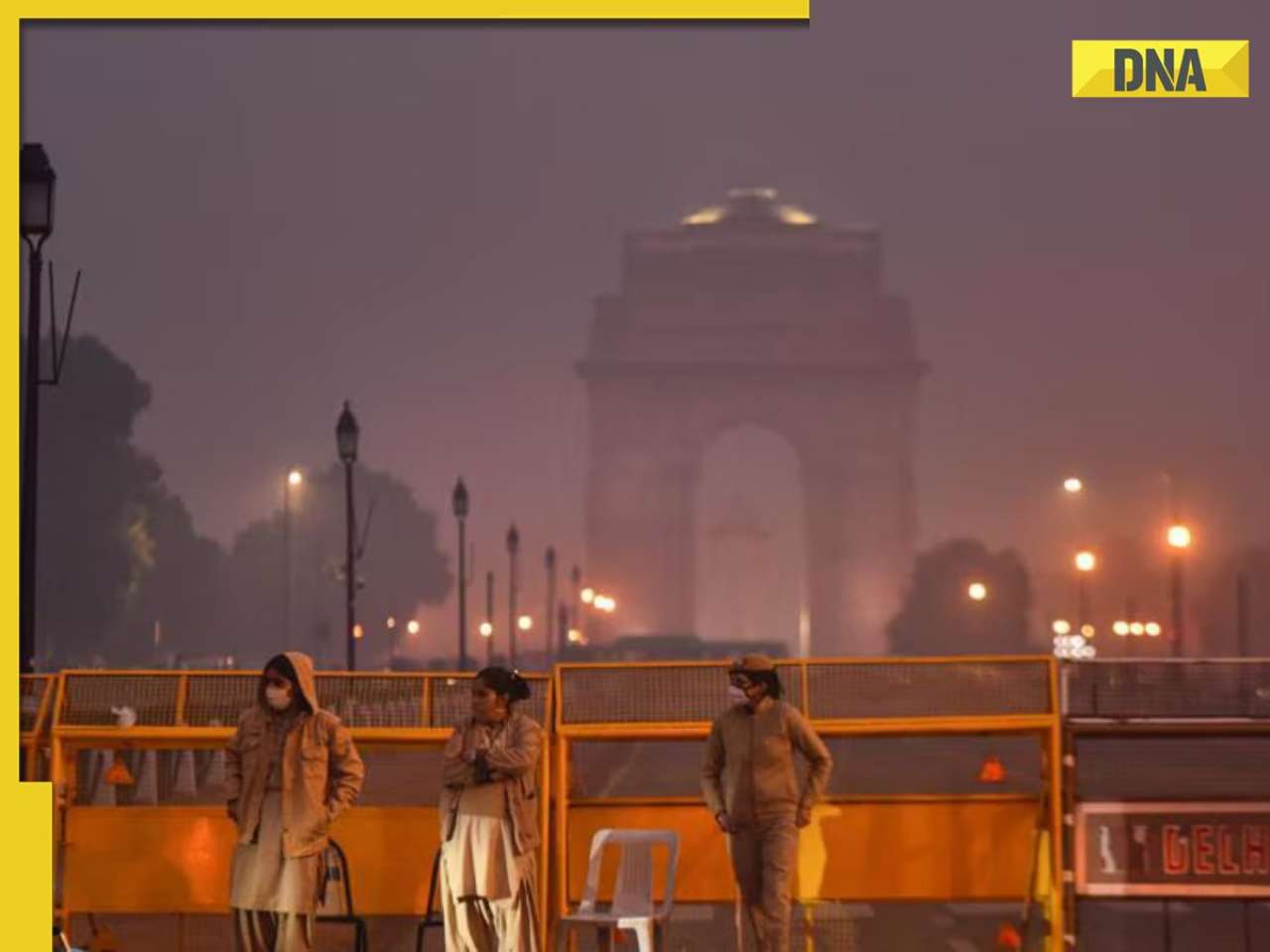- LATEST
- WEBSTORY
- TRENDING
INDIA
15 years of Resolution 1325: All about women, peace and security
1325 was the first of a series of Security Council resolutions on “Women, Peace and Security.” A few years later, the Security Council adopted Resolutions 1820 and 1888 took cognizance of sexual violence in conflict.
TRENDING NOW
On a cold, dark October day in 2000, sitting in my office on campus, I somehow stumbled upon live-streaming from the UN Security Council of a debate on women, peace and security (WPS). I had the debate and the vote running on my desktop as I worked on other things, excited but without a sense of the history I was witnessing.
That day, as the culmination of decades of women’s peace activism and of a growing consensus in global institutions about gender justice in conflict and post-conflict moments, the United Nations Security Council, under the leadership of Bangladesh’s Ambassador Anwarul Chowdhury, adopted Resolution 1325 unanimously.
What does 1325 say? The Resolution recognized that the experience of conflict was gendered, and that this needed to be factored into conflict resolution and peace-building. Its central instruction to Member-States and the United Nations was to include women at every stage of the conflict-peace cycle. “More women at the peace table,” was the 1325 mantra.
There were also provisions about gender sensitization, gender analysis and about dealing with impunity. It is commonly stated that there are three core pillars to 1325—participation, protection and prevention. While Member-States were to formulate and implement National Action Plans within a time-limit, they were also encouraged to work with women’s organisations on the ground.
1325 was the first of a series of Security Council resolutions on “Women, Peace and Security.” A few years later, the Security Council adopted Resolutions 1820 and 1888 took cognizance of sexual violence in conflict.
Resolution 1889 reiterated the 1325 message about women at the peace table. Resolution 1960 returned to the concern with sexual violence and instituted ‘naming and shaming’ along with sanctions as a deterrent device. Resolution 2106 addressed institutional measures that the UN should adopt and Resolution 2122 returned to the broader concerns of 1325. Yesterday, at the annual Open Debate on this question at the Security Council, the latest in this series was adopted. Resolution 2242 resolved to integrate women, peace and security concerns across all situations and crises on the Council agenda.
Step back and think about what had started on that dark October day: The global executive body with the most decision-making and enforcement authority adopted the peacebuilding language and peacemaking agenda of women peace activists around the world and for fifteen years, has been promoting it through its agencies.
In these fifteen years, many reviews and studies have been undertaken—locally, regionally and globally. Released this week was the official 15 year review, “Preventing Conflict, Transforming Justice, Securing the Peace: A Global Study on the Implementation of United Nations Security Council resolution 1325”.
The Global Study starts by acknowledging that the world has changed in these fifteen years, a fundamental change being that we understand both peace and security far more holistically now. Like all UN documents, it starts by listing what has been accomplished—as both a recounting of precedents and a report card—commenting, “much of the progress towards the implementation of resolution 1325 continues to be measured in ‘firsts,’ rather than as standard practice.”
One of the positives it notes include the fact that between 2000-15, 27% of peace agreements have referenced women, where only 11 % had between 1990-2000. In the six accords where the UN has played a part, the percentage is 67. But women make up only 9% of peace negotiators at work and only 3% of the military missions working for the UN.
The Global Study is based on consultations around the world with experts and at the grassroots. It is also built on a host of especially commissioned studies. These messages from the field have been filtered into principles for women, peace and security work. They include a reminder that 1325 was first advocated as a human rights resolution, following the Beijing Women’s Platform for Action, among other things.
As a corollary, “attempts to ‘securitize’ issues and to use women as instruments in military strategy must be consistently discouraged.” Accountability and justice are key principles; but the message is that justice for violence against women and girls should not be just punitive, the process should also address underlying structural inequalities. The role of women peacebuilders should be recognized and supported; “funding and support to women peacebuilders in contexts of rising extremism can play a critical role in ensuring that extremist ideologies neither survive nor thrive.”
The Global Study faithfully reflects the current thinking in the field on at least two counts. First, it speaks with conviction of extremism and counter-terrorism as threats to women’s security. Working in the field now, all conversations veer to this. Second, it clearly extends responsibility for implementing the WPS resolutions well beyond the nation-state, regional organizations and the United Nations with recommendations for the media and civil society. It also dwells on the need for better data—a felt need on the ground as well among women peace activists.
For the women’s movement, historically, militarization has been as much a concern as formal conflict. This has not been reflected in much of the official 1325 discussion. But in the stories that emerge about civil infrastructure being destroyed in the rivalry of armed groups or the challenges of getting to a hospital in zones with extended curfews, it is clear that militarisation, occupation, areas of insurgent and counter-insurgent operations and even in the battles over “development” projects, the extended security presence change women’s life-chances for the worse. (See the Community Conversations reports here)
The Global Study notes, “Across religions and regions, a common thread shared by extremist groups is that in each and every instance, their advance has been coupled with attacks on the rights of women and girls—rights to education, to public life, and to decision-making over their own bodies.”
The attack on Malala Yousufzai by the Pakistani Taliban, the abduction of 276 girls from Chibok by Boko Haram and the ISIS outreach to women across the world exemplify this. The Global Study notes that women are both victims and perpetrators in these movements.
Based on the experience of women peacemakers and women’s rights activists, the Study recommends removing gender equality from the military and counter-terrorism agendas (which is not to say that gender sensitization and inclusivity should cease) so that human rights and peace work are not compromised—nor the safety of activists. The safety of women activists for peace and human rights are an explicit concern of the study, which actually mentions the work of the Urgent Action Fund in getting help to human rights defenders in danger.
Critical academic and activist work on 1325 in the last few years has questioned the utility of focusing on the willingness of states to adopt National Action Plans. The Global Study devotes time and space to delineating the role of media and civil society. The section on the role of the media is a positive one, recognizing the role of social and community media in taking social movements forward—it opens with an anecdote from the Tahrir Square protests in 2011.
Activists talk about how important it is to have their concerns featured in the media. “To get one’ message out in the media is extremely important since the public generally accept what is presented in the news as ‘truth,’” the report quotes Pernilla Ahlsén as writing.
The use of community radio gets a special mention. The Global Study takes note that journalistic independence is imperilled in conflict contexts. Recommendations for media outlets include: committing to accurately portray women and men’s roles and experiences; increasing women’s representation in newsrooms, decision-making and leadership; monitoring reportage on sexual and gender-based violence and creating an ethical code for covering these issues.
Civil society, especially the women’s movement, gets credit for 1325, and the responsibility to “shape public and government agendas and create the political will for action.” A civil society survey was commissioned for this Study and respondents said that while 1325 had been an important programming pivot, they say it as “only ‘moderately effective’” because it had not been quite transformational in impact. The Global Study recognizes
three constraints on civil society’s own effectiveness in this work: lack of resources; gaps between international policies and local realities and finally, lack of trust between governments and civil society. That last is growing in importance worldwide, and exacerbating other constraints. It is evident both in the inability of civil society to insist on and get accountability for conflict and state violence, and it is evident in the denial by many states of conflict situations. Still, it falls to civil society to bring issues, actors and stories to light; to create more inclusive discourses and spaces for peace, and to help adapt global ideas and strategies to local realities. The Global Study asks women’s organisations to build networks for peace and develop joint advocacy strategies.
With each successive WPS resolution, the emphasis on protection seemed to be growing, but the Global Study moves attention back to prevention repeatedly. The report quotes a participant in its Asia-Pacific consultation as saying, “Women, peace and security is about preventing war, not about making war safer for women.”
To look at protection of women as the central purpose of this work is to ensconce thinking about peace firmly within patriarchy. To facilitate meaningful participation of women in conflict prevention, conflict resolution and transformation and post-conflict reconstruction is to dismantle patriarchy and build a gender-just peace.
The Global Study serves to benchmark progress, to identify good practices and also to offer a roadmap for action. As we mark the fifteenth anniversary of 1325 and figure out, each of us, our own work on this agenda, this will be the document we return to again and again in the coming decade. It reminds us, through the words of Nobel Laureate, Leymah Gbowee, “We have the power to stop war and turn our upside down world right.”

A Call to Action
“In all previous generations, when the world was at war, where there was increased militarization and terrible violence, women have come forward as peacemakers and peacebuilders. Today is no exception. It still happens at the local level, whether in Syria or the DRC. The international world, by embracing ‘celebrity culture’ has forgotten these women, and allows them to remain invisible. It is important to turn the spotlight again onto these women peacebuilders, to support and fund their efforts. Networks must be created at the local, regional and international level, so that their voices and activities can reach a climax and stem the current tide of recurrent militarization and mindless violence.Swarna Rajagopalan is a political scientist who has been thinking and writing about gender, peace and security topics, including 1325, for several years. She is the founder of Prajnya and a part of the Women’s Regional Network.
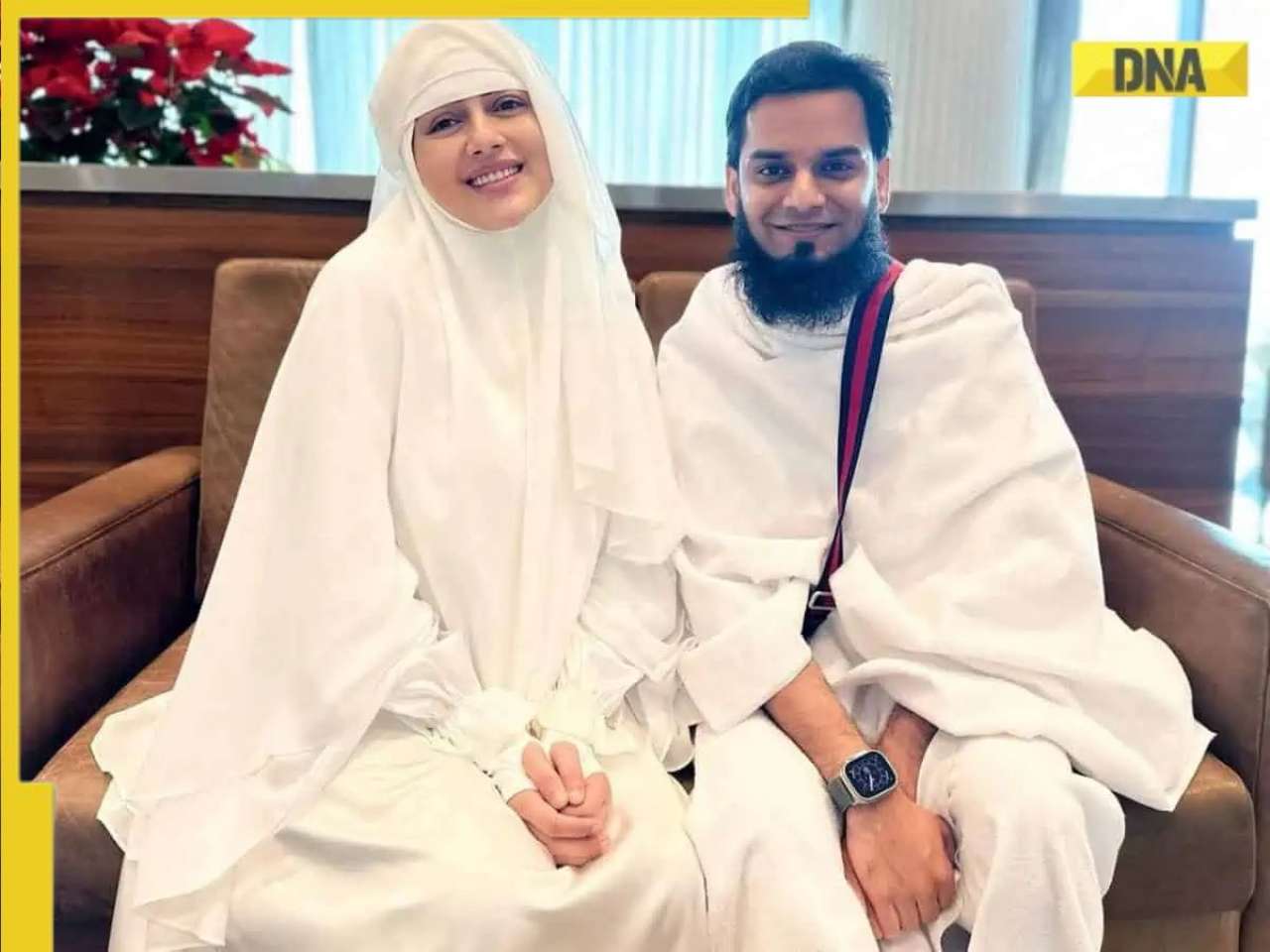
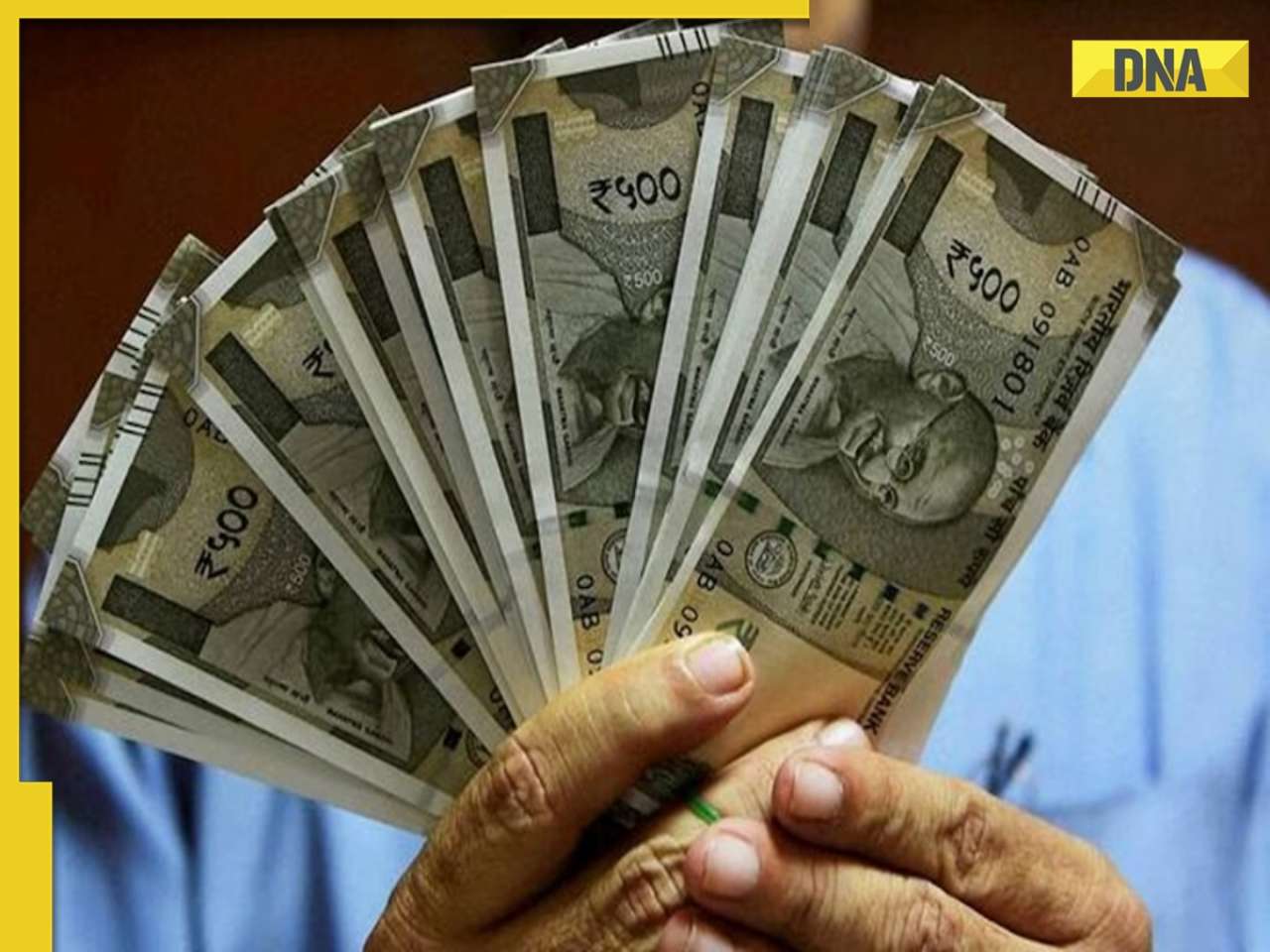





)
)
)
)
)
)
)
)
)
)
)
)
)
)
)
)






